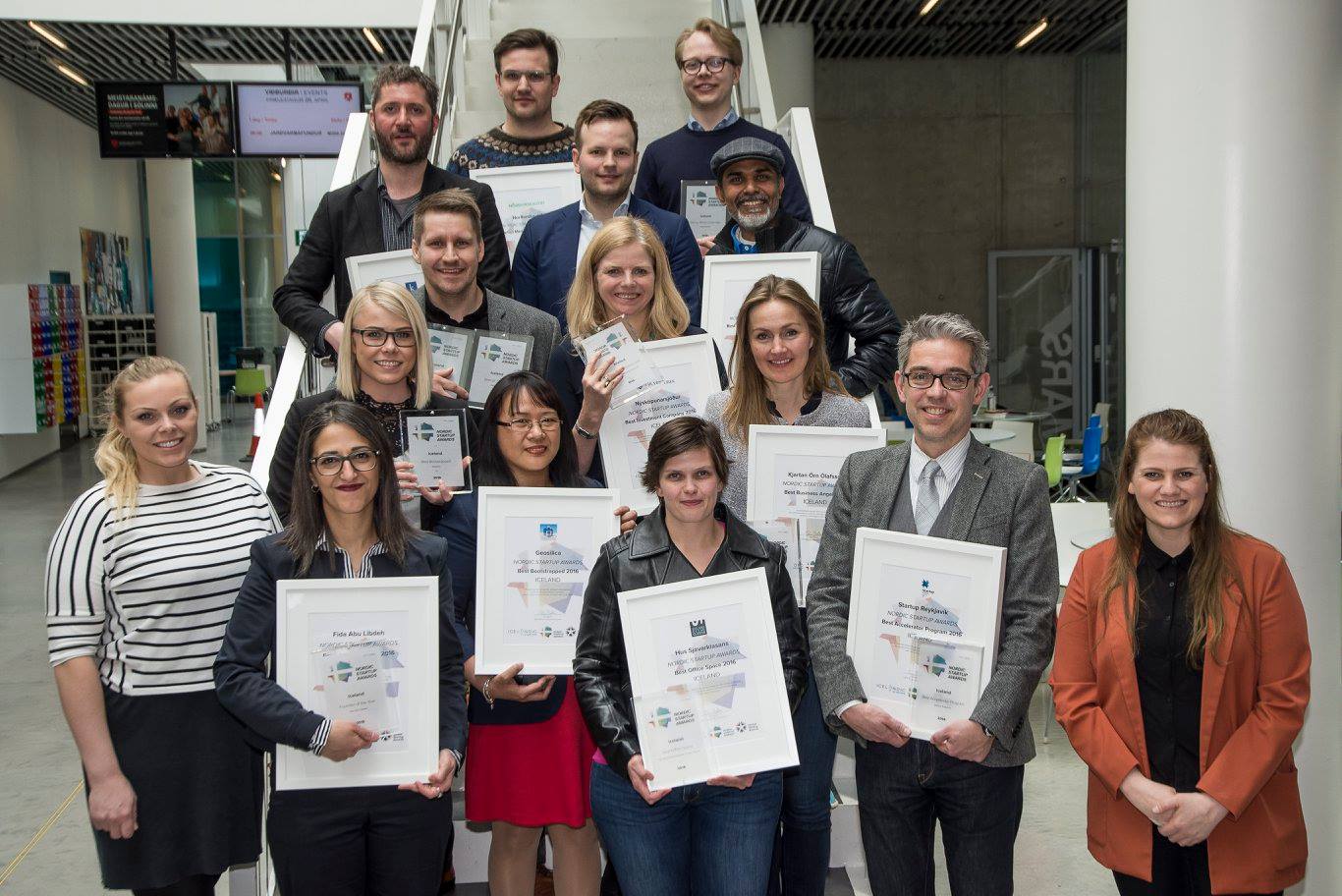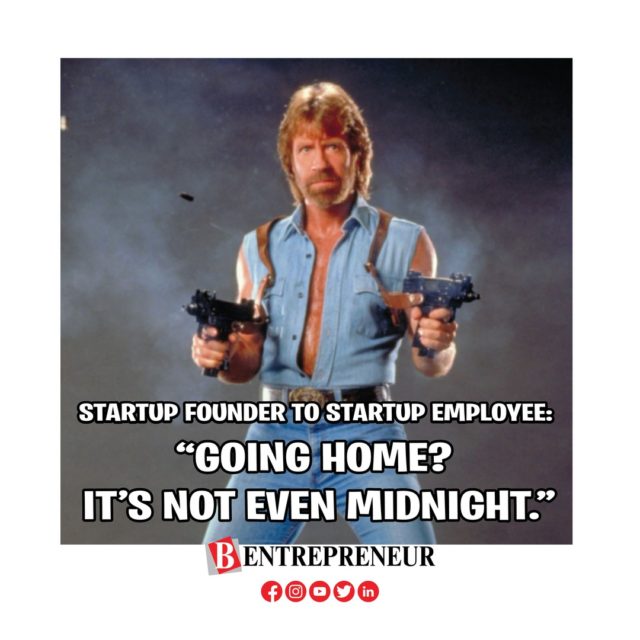Regulatory environment biggest hurdle facing fin-tech startups

The Middle East’s financial technology (fin-tech) sector has become one of the fastest-growing over the past five years, attracting $237 million in investment.
Since 2015, there have been 181 deals across the Middle East and North Africa (Mena) of which 46 took place in 2018 and 51 so far in 2019 according to a new report from Magnitt.
Yet despite such growth, startups are facing a few major hurdles, primarily in regulations and financing. “In a lot of places, there are no regulations.
If you waited for the regulations to be there, you’d probably never start,” said Jonathan Rawling, a Chief Financial Officer at yallacompare, a financial services comparison website based in Dubai.
Several cities are attempting to become the fin-tech hub of the region by launching sandboxes and regulations friendly to startups.
The Abu Dhabi General Market (ADGM) announced the launch of its own digital sandbox, a cloud-based environment of fin-tech startups and banks to co-create and test products with guidance from the regulatory body at the Fintech Abu Dhabi summit this week.
It replaces the RegLab programme currently in place and joins eight other sandboxes in the region including Bahrain’s Fintech Bay and Dubai International Financial Centre’s (DIFC) Fintech Hive which are all attempting to attract startups to their own space to test and launch new products and services.
The regulatory framework across the Middle East differs from one country to another, which for startups is like founding a new company in each jurisdiction.
This fragmentation prevents scaling and growth. “We don’t have market size here. If you fix the core of the problem, it goes all the way to the top and opens corridors between GCC countries, then automatically you have one region”, said Ambareen Musa, founder of Souqalmal. “If that happens, suddenly the symptoms – the lack of funding and talent, will disappear. You can tap into the region with one market.”
“You’re touching the financial services industry which is the core of every economy,” said Musa. “It is normal for regulators to want to take time, but it means it takes longer for us to get into a country.
We [startups] need to be part of that education system and grow as much as the regulators. The question of when [to enter a new market], is when the countries are ready to say yes, welcome.”
















 .
.






 .
.
.
#bentrepreneurmagaz
.
.
.
#bentrepreneurmagaz










